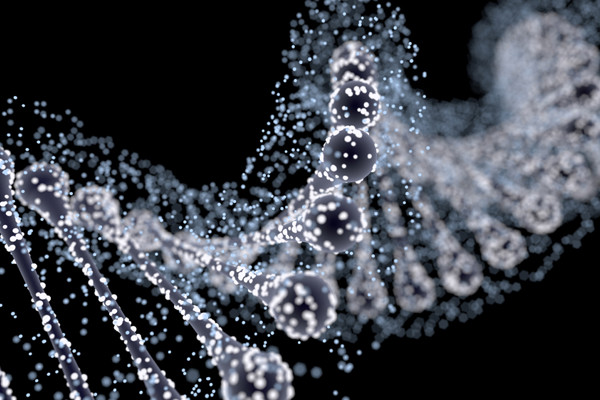What is the microbiome and how can it help?

The human body contains an enormous amount of micro-organisms, or microbes, composed of bacteria, viruses, fungi, and more. And these microbes contain genetic material which makes up what is called the microbiome.
We have nearly 10 times as many microbial cells in our bodies as human cells, and it is the genetic material in these cells that is believed to contribute to human functions in a variety of ways, although it is still not yet entirely understood the exact role the microbiome plays in human health.
It has been suggested that the microbiome helps programme the immune system and regulate sleep, and it might even help determine a person’s response to certain drugs and treatments. Also interesting are the implications of the microbiome’s role in the study of antimicrobial resistance, an issue that Chief Medical Officer Professor Dame Sally Davies has warned poses a ‘catastrophic threat’ to society at large.
Because of this, the microbiome is an increasingly attractive area of study for scientists attempting to understand human health. LGC’s Denise O’Sullivan, Science Leader in Infectious Diseases within the UK National Measurement Laboratory, recently spoke with Genetic Engineering News on the latest episode of their podcast, GENcast, to discuss the role of the microbiome in human health.
One thing we do know about the microbiome, noted Denise, is the importance of having a diverse microbiome. “As an aging population, it’s becoming increasingly clear that you’re maintaining a diverse microbiome into your elderly age is actually helping in maintaining your health,” said Denise.
Listen to the full podcast episode here.
